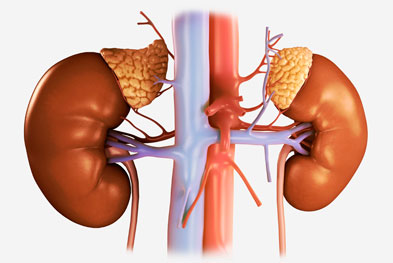DHAKA, May 10, 2019 (BSS) – Cardiovascular patients should follow at least three guidelines during the fasting month of Ramadan to stay safe from heart failure or other severe ailments, experts suggest.
“We can divide the cardiac patients in two categories – cardiac patient with diabetes and cardiac patient without diabetes. Cardiac patients without diabetes will have to eat low carbohydrate foods for leading a normal life,” Professor Syed Ali Ahsan, chairman of Bangabandhu Sheikh Mujib Medical University (BSMMU) Cardiology Department, told BSS here today.
He said the cardiac patients with diabetes should follow several advices to lead a normal life in Ramadan.
In the month, the patients should take medicines properly as per their doctor’s advice and eat the balanced diet, including vegetables, fruits, cereals, cholesterol-free meat and dairy products, he added.
Dr Jahanara Arzu, an associate professor of BSMMU cardiology department, said a patient with cardiovascular disease has to take medicines properly, walk for at least 30 to 40 minutes daily (at least five days in a week) and take cholesterol-free food items.
She said fasting does not increase any possibility of severe cardiac diseases.
“We should keep in mind that fasting improves ischemic heart disease, as it reduces body cholesterol,” she added.
If a cardiovascular patient follows the rules properly, he or she can stay safe otherwise it will harm the physical condition, the Dr Arzu said.
She suggested avoiding rich foods in Iftar which can cause high blood pressure, diabetes, heart attack, stroke and many other health disorders.
“Patients should take nutritious foods during Sehri as the meal will provide energy to keep fasting. You have to select such food items that will not harm your health and will contain nutrition and vitamins,” she added.
Dr Arzu underscored the need for keeping self-control in taking unhealthy but delicious food items, like deep fry piazu, beguni and pakora.
She suggested getting physical exercise for 30-40 minutes daily (at least five days in a week) after Iftar or Tarabi prayers.
Every patient must go for walking to keep themselves healthy as they can properly perform their fasting during the holy month, she said.
The cardiologist also suggested the cardiovascular patients to stop unnecessary use of oral saline as may cause high blood pressure, weight gain and heart diseases.
“Everyone should take oral saline only for vomiting or diarrhea. Unnecessary use of oral saline increases the risk of heart diseases,” she added.
“If you feel any chest discomfort, chest pain or shortness of breath, please come to your nearest medical centre. Go for at least ECG and Troponin I level test,” she added.



